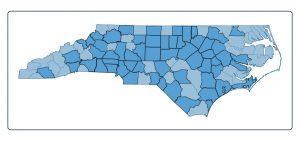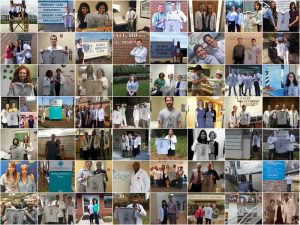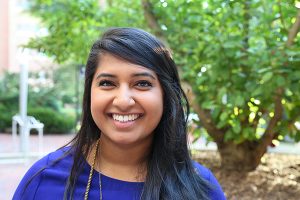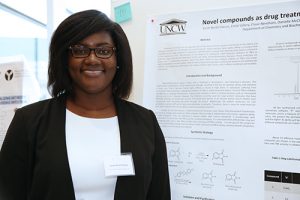The UNC School of Medicine’s Clinical Week pulls medical students out of the classroom and sends them to communities across North Carolina to gain medical knowledge and develop clinical skills through interaction with primary care physicians and their patients. Last week, the UNC SOM Facebook page captured the Clinical Week experiences of first-year medical students. Please take a moment to see where our students went and to read what they learned, as shared in their words. And if you haven’t already done so, “Like” the UNC School of Medicine on Facebook.



From March 7 – 11, more than 100 first-year medical students went to communities in more than 50 counties across North Carolina. From Highlands in the west to Morehead City in the east, they worked alongside primary care physicians, or community preceptors, who helped them develop and enhance their skills. At the same time, more than 70 first-year medical students “did” clinical week right here in Chapel Hill, at UNC Hospitals and its clinics.
Facts about Clinical Week
- As part of their clinical skills courses (“Patient Centered Care”), first- and second-year medical students leave the lectures and classrooms behind for week-long clinical rotations working with primary care doctors all across the state.
- These “clinical weeks” are exciting for students as they mark the first time that many of them have donned their white coat and had “hands-on” experience with real patients.
- The doctor to whom each student is assigned is called a community preceptor. Under the supervision of their community preceptors, students practice their newly developing skills in interviewing, physical examination, and presenting.
- Students are assigned to community preceptors from one end of the state to the other — Murphy to Morehead City.
- Roughly 60 percent of these sites are in urban areas and 40 percent are in rural areas.
- Students are scheduled to work with the same preceptor for multiple weeks over the course of the first couple years of medical school in order to establish a mentor/mentee relationship and to get to know the community.
- Occasionally, students will learn brand new skills, such as helping to suture a wound or even assisting with childbirth.
- Some preceptors have been so impressed by their student that they have offered them a job as soon as they finish medical school!
- An important part of Clinical Week is for students to learn about the community in which they are working and about its healthcare needs. Students are given time during the week to explore their community and to visit other community agencies such as nursing homes, hospice houses, etc.
- One of these clinical weeks is spent right here at UNC Hospitals participating in a variety of clinical activities, such as shadowing a nurse and a hospital interpreter.
- Students come back from Clinical Week with a renewed sense of why they came to medical school and with lots of interesting stories to tell their classmates in a small group debrief session.
Throughout last week, many of our students shared Clinical Week photos and provided insight into the lessons they learned from their community preceptors. We have collected those insights below. Just click on the student’s name/Clinical Week location for more on these experiences. Or scroll through the entire photo album. And remember to follow the UNC School of Medicine Facebook page.























































